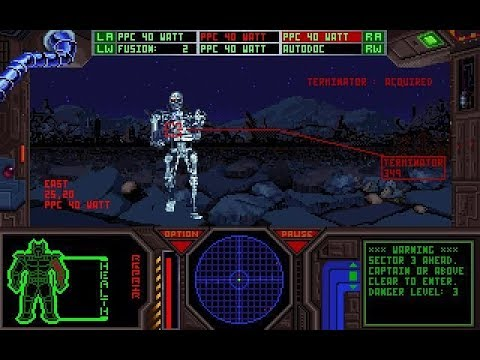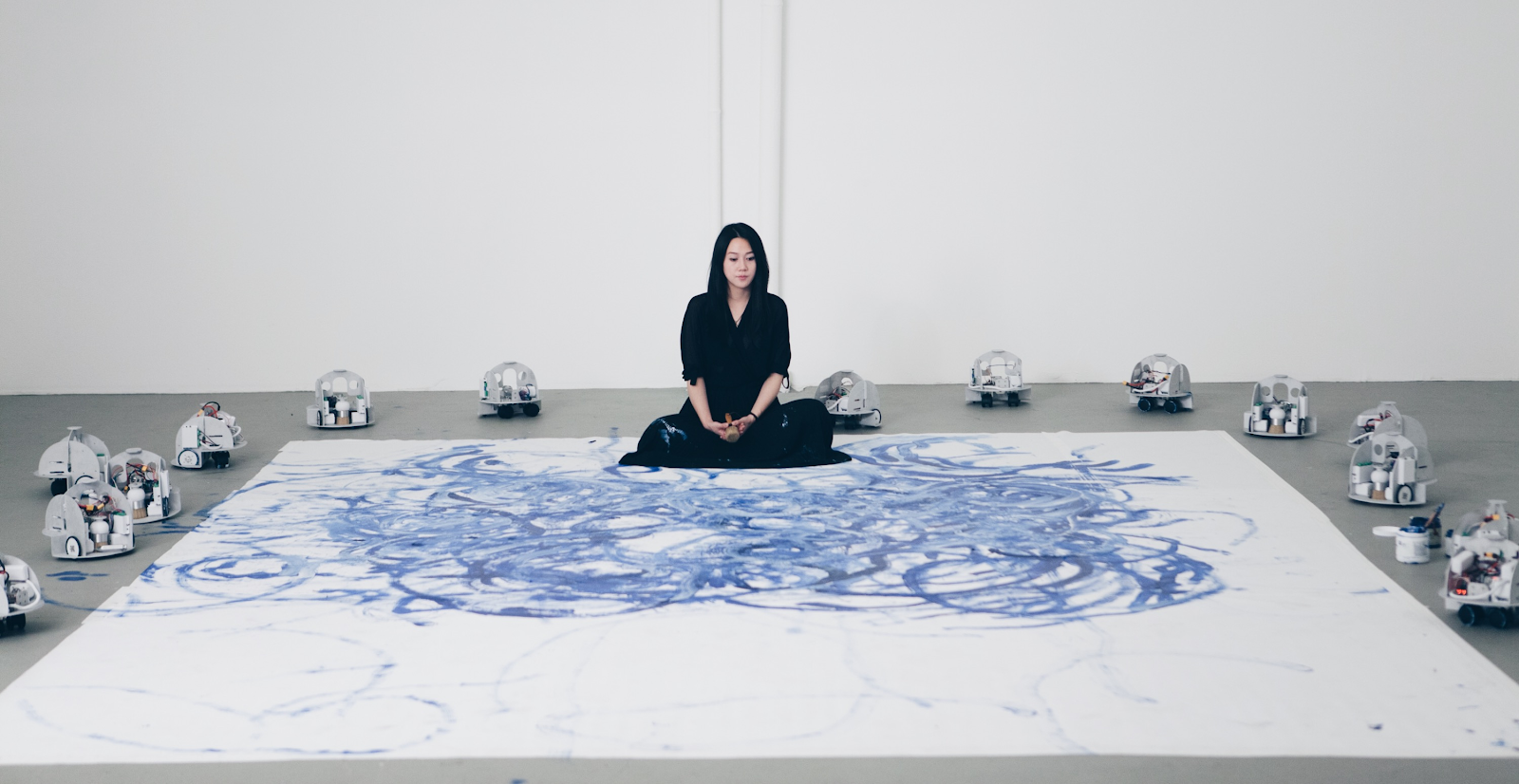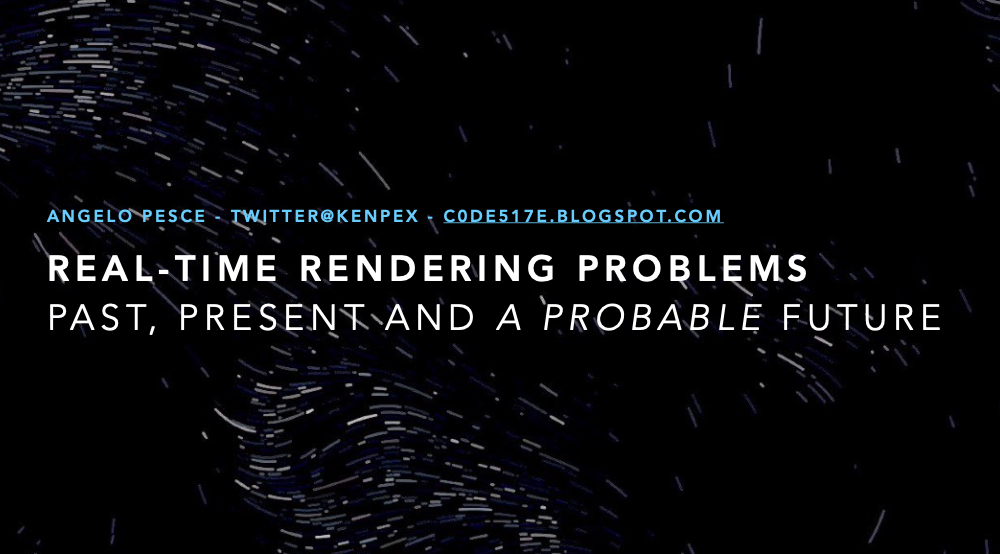The era of algorithmic slavery.
When we think of the rise of the machines, we picture skynet and the matrix. Humanity literally fighting the AI, with big pew-pew guns, and getting enslaved by it. Heroes seeing through the deception, illuminated minds, perhaps looking insane to the average bystander, purposed with a higher calling.
We lose ourselves in the bombast of Hollywood, we take metaphors literally, we fear or dream of the singularity, look for signs of consciousness in the code we write.
 |
| A lesser known game from Bethesda... 2029 is close! |
In reality, the danger is the opposite. It’s not how much consciousness the machines gain. It is rather, how much they remove from us. Yes, the recent "LaMDA is sentient" BS is not much more than a bad publicity stunt - but that doesn't mean that Google is not scary!
We are of course already dependent on machines - that is not the problem - our degree of attachment to them. We are dependent on all technology we create. It’s the defining feature of humanity to better itself through technology, it has been true since we made fire.
For millennia we have used technology to elevate ourselves, to free us from the minutiae of living and sublimate our spirit, enabling higher forms of creativity, allowing us to dedicate more time to work that is intellectual in nature.
You can call this productivity, even augmented intelligence - once we discovered that technology is not good simply to ease physical labor, but can be shaped into tools for better thinking. |
| Sougwen Chung (愫君) - Machines can be tools that augment our creativity. |
Will we live in a world where it’s increasingly hard to be a value-add via the use of technology, but rather most of us will be made irrelevant by it? What happens to the masses that can’t produce anything of interest?
Can our creativity outpace the machine’s forever?
https://www.youtube.com/watch?v=g9Z0pqsCUhY
One can argue that a tool remains a tool, and in the history of the world, short-sighted people always lamented when creation became more accessible, from painting to film photography, from film to digital cameras, from cameras to smartphones.
There is always someone lamenting the loss of "true" art - and they are always wrong... but! At the same time, we have enough historical evidence of machines displacing jobs, labor having to learn new skills, often painfully, for the generations caught in the transition.
There is some reason to worry, then - but it's not the key to the story here. Creativity is likely to remain firmly in the domain of humans, in fact one could say that a truly creative machine would need to be a conscious one, and that is not the scenario I'm interesting in.
The danger is subtler, closer and more real.
Do we already live in a world where we many creators are replaceable slaves, being milked for content by algorithms that are the true holders of value?
AIs feed us during most of our days. Shodan's tools are videos of kittens, dogs and babies. And her minions are willingly joining, hoping for visibility and connection.
It's a marvelous machine that exploits the brain chemistry of consumers with cheap dopamine, and of creators, as we seek to show our photos and videos for follows, we increasingly define our value in society by the number of likes we get.
How conscious are we, when most of our connections are software mediated, and sentiment analyzed? The algorithm does not know when to stop, and neither do our brains. Dopamine is the AI’s sugar.
We do not need to be intubated, in pods, to be enslaved. We don't even need to be slaves, once we created a system that gives some short-term pleasure, we willingly subjugate to it.
Don’t take your science fiction literally.
I don't fear the sentient AI and the singularity. I don't care much about privacy and crypto-anarchism. I think we are looking at the wrong problems. Even the worries about physicals changes in our cognitive abilities, psychology and looks might be overstated - as we are very plastic, we adapt.
And for how despicable the role of simplistic recommendation algorithms, shares and likes have on creating information bubbles and drive polarization, we are beginning to understand and rebel - systems might be tuned differently...
The existence of a system though, per se, and the fact that can be tuned - is that ever possibly moral? Are we not saying that we are losing agency, if the way a machine operates controls society?
This is a Silicon Valley problem that SV cannot solve for itself. It's the natural evolution of companies to want to be successful, and we are in a world where success means engaging billions of people, capturing a large percent of their time and attention.
These systems can hardly be called tools, and are clearly not in our control.



